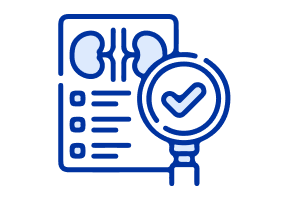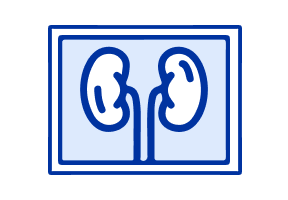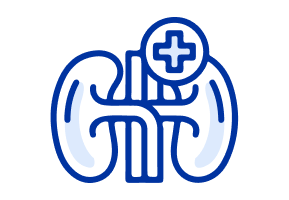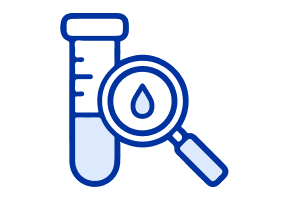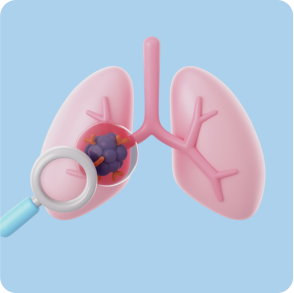Why It Matters
Why Kidney Care Is So Important

Kidney disease is common, especially in senior cats and dogs.
It’s one of the leading chronic conditions affecting aging pets.
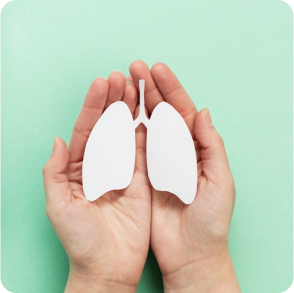
Early signs are easy to miss.
Symptoms like increased thirst or subtle weight loss may go unnoticed until over 75% of kidney function is already lost.
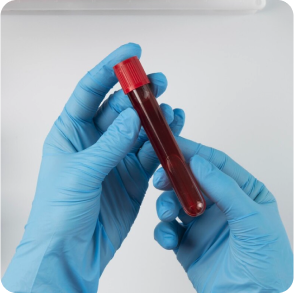
Early detection saves lives.
Routine blood and urine tests help catch kidney issues before symptoms appear, allowing for earlier intervention.

Treatment can slow disease progression.
With therapeutic diets, hydration support, and regular checkups, many pets can live long, comfortable lives.
What We Offer
Our Comprehensive Dental Services
Especially Important For

Cats aged 7+
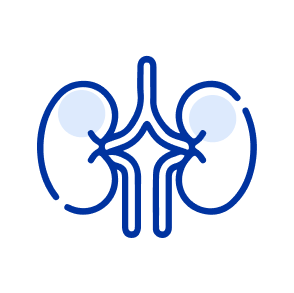
Breeds prone to kidney issues
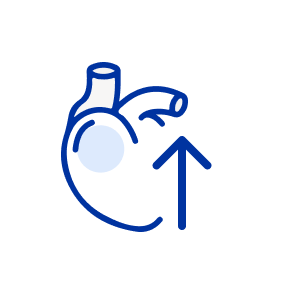
Dogs with high blood pressure or frequent UTIs
What to Expect
🔬 Your Pet’s Kidney Health Journey

Diagnostics
Blood tests (creatinine/urea/SDMA), urine concentration, protein levels, blood pressure, and ultrasound. - discuss by vet

Stage Classification
If kidney disease is found, we classify the stage and create a treatment plan.

Ongoing Care
This may include diet changes, supplements, fluid therapy, and regular rechecks.

Monitoring & Support
We stay connected for long-term care and help you manage the condition at home

FAQs
FREQUENTLY ASKED QUESTIONS
-
Why Early Detection Saves Lives
Kidney disease progresses slowly — catching it early helps us intervene before symptoms cause damage.
Is it painful for pets?
Kidney disease isn't usually painful, but it can make them feel tired or nauseous. Our goal is to keep them comfortable.
Is kidney disease curable?
Not curable, but manageable. With early care, pets can live well for many years.
What are early signs of kidney disease?
Increased thirst, frequent urination, weight loss, vomiting, and bad breath. But many cases show no symptoms early on.
Blogs / Case Study

Duck Duck B’s Kidney Comeback
“We thought he was just getting old — turns out, his kidneys were struggling. After care started, he became playful again.”


